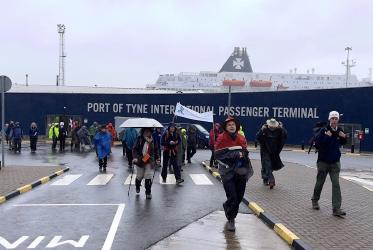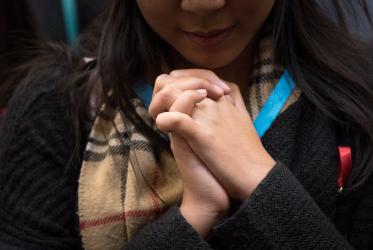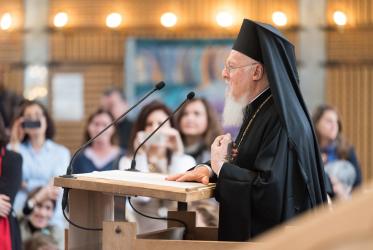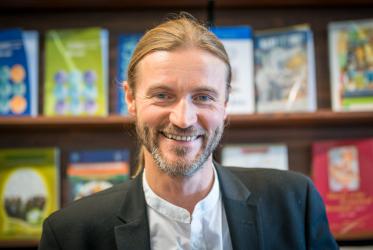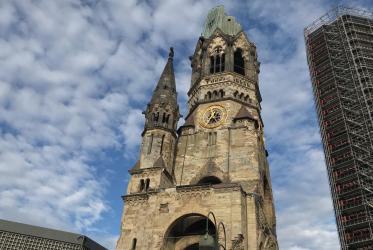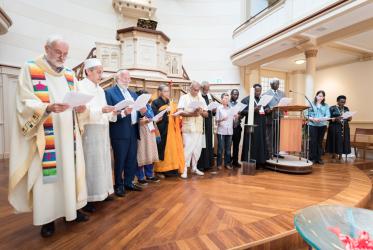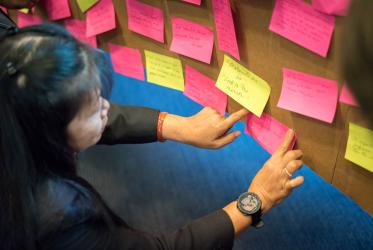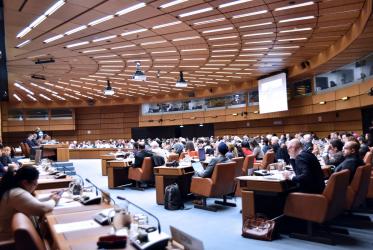Displaying 1 - 20 of 44
WCC condemns recent extremist attacks around the world
03 November 2020
WCC remembers lost colleagues
24 May 2019
WCC mourns lost staff member in Ethiopian Airlines crash
11 March 2019
Christian communicators work to counter hate speech against refugees
10 December 2018
“Love will find a way”
23 August 2018
What difference does dressing in black make?
02 August 2018
Working toward an AIDS-free generation
26 July 2018
Building bridges of faith in the HIV response
25 July 2018
Building Bridges in the global HIV response
25 July 2018
Turning plans into action to prevent incitement to violence
14 February 2018

